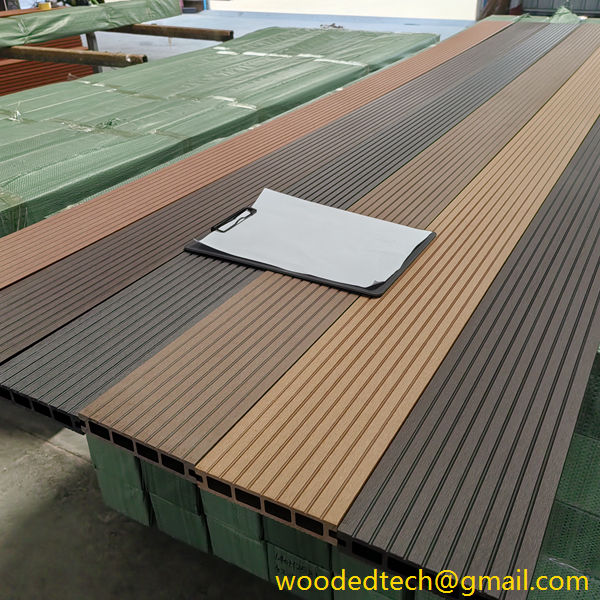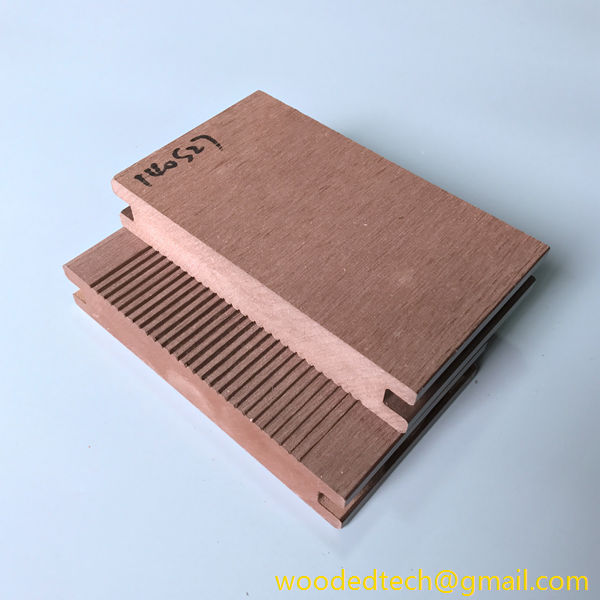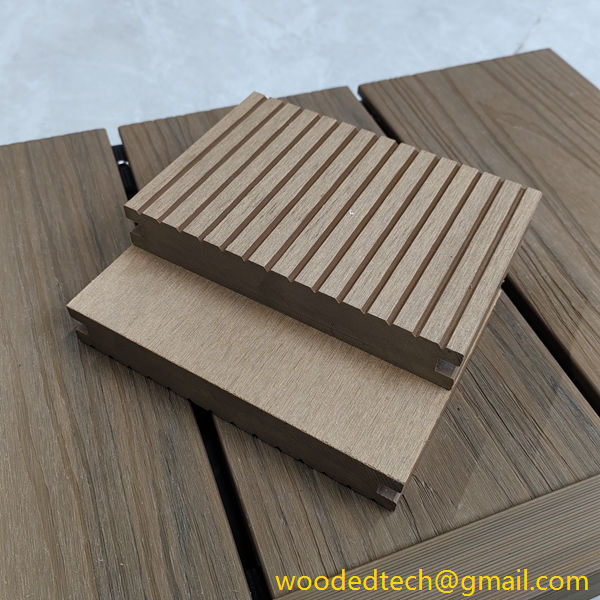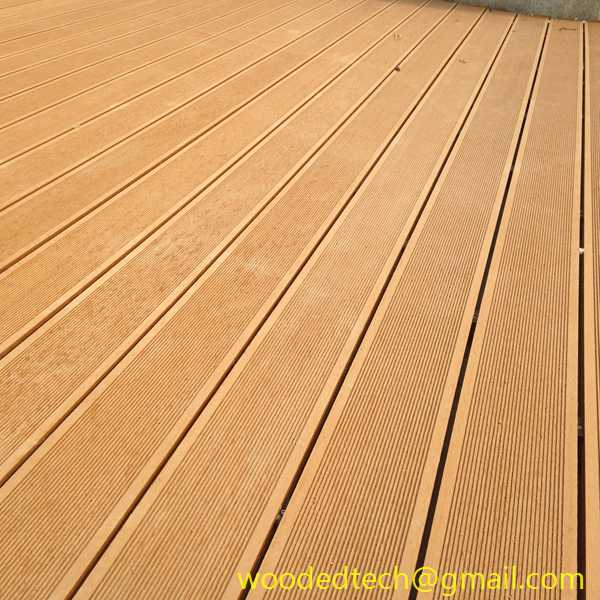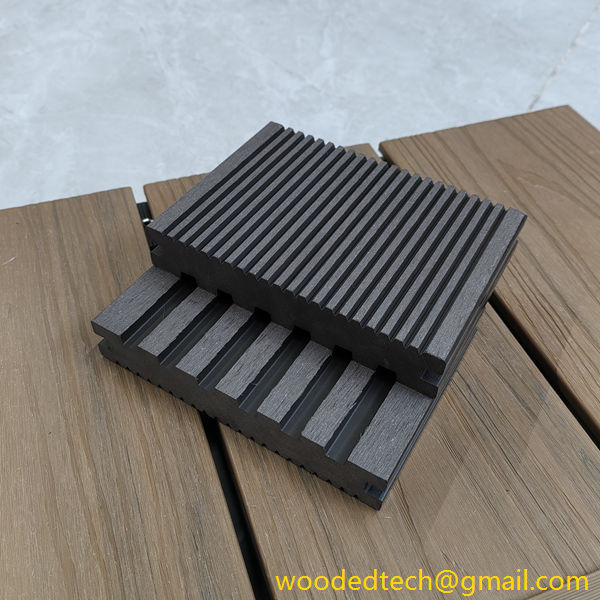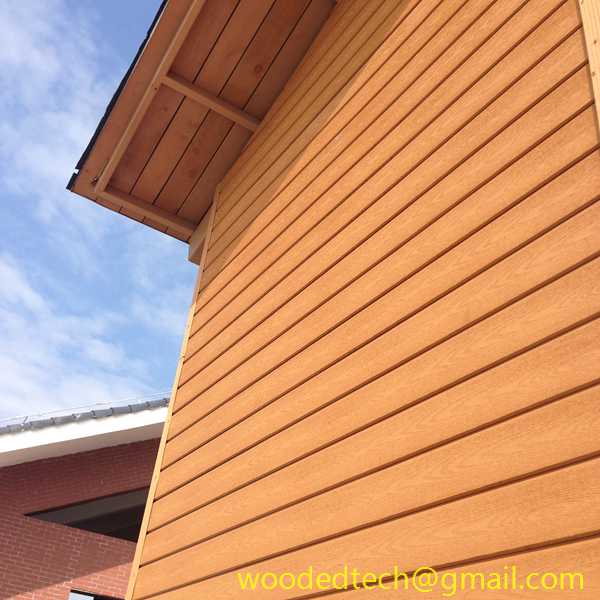The Benefits of Waterproof Exterior Flooring for Outdoor Spaces
Waterproof exterior flooring has emerged as an essential choice for outdoor spaces, providing numerous benefits that extend beyond mere aesthetics. From patios and decks to poolside areas and balconies, the selection of waterproof flooring contributes significantly to the longevity, safety, and overall enjoyment of these outdoor environments. Understanding the materials and production processes involved in waterproof flooring can shed light on its advantages.
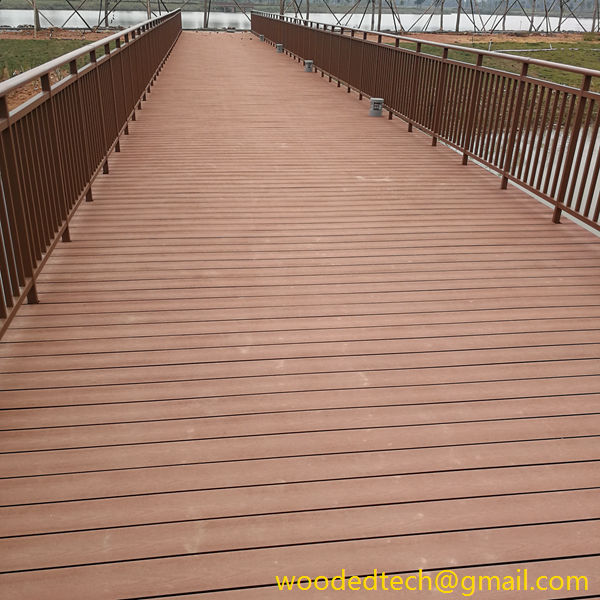
Firstly, the choice of materials used in waterproof exterior flooring is crucial. The most common materials include composite decking, vinyl, ceramic tiles, and natural stone. Each of these materials undergoes specific manufacturing processes that enhance their waterproof capabilities. For instance, composite decking is typically made from a blend of recycled wood fibers and plastic. This combination not only provides a wood-like appearance but also offers resistance to moisture, preventing warping, cracking, and molding over time. The production process involves extruding the materials under high pressure, which creates a dense and durable product that can withstand outdoor elements.
Vinyl flooring is another popular option known for its waterproof properties. The manufacturing process involves layering vinyl sheets with a protective coating that enhances durability and resistance to water. This layered approach not only ensures that the flooring remains waterproof but also allows for various designs and textures that mimic more expensive materials like wood or stone. The flexibility of vinyl makes it an ideal choice for outdoor spaces, as it can adapt to different environmental conditions without losing its integrity.
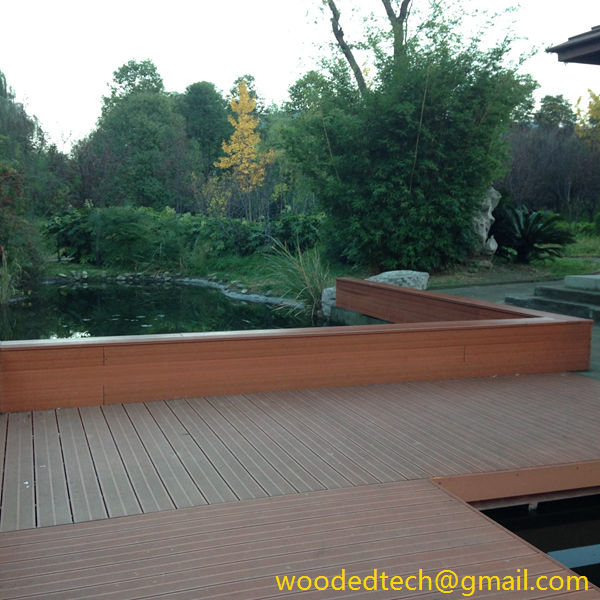 Ceramic tiles provide a more traditional aesthetic while also offering waterproof benefits. The production process for ceramic tiles includes forming clay into desired shapes and then firing it at high temperatures. This firing process vitrifies the clay, making it dense and impervious to water. Additionally, many ceramic tiles are glazed, adding an extra layer of protection against moisture and stains. This makes ceramic tiles an excellent choice for areas prone to splashes, such as around pools or outdoor kitchens.
Ceramic tiles provide a more traditional aesthetic while also offering waterproof benefits. The production process for ceramic tiles includes forming clay into desired shapes and then firing it at high temperatures. This firing process vitrifies the clay, making it dense and impervious to water. Additionally, many ceramic tiles are glazed, adding an extra layer of protection against moisture and stains. This makes ceramic tiles an excellent choice for areas prone to splashes, such as around pools or outdoor kitchens.
Natural stone flooring, such as granite or slate, is inherently water-resistant due to its dense composition. However, to enhance its waterproof capabilities, manufacturers often apply sealants during the production process. These sealants fill microscopic pores in the stone, preventing water penetration and reducing the risk of staining. The aesthetic appeal of natural stone combined with its durability makes it a favored choice for upscale outdoor designs.
The benefits of waterproof exterior flooring extend beyond material properties. One of the primary advantages is the reduction of maintenance efforts and costs. Traditional wood decking requires regular sealing, staining, and replacement due to rot and decay caused by moisture exposure. In contrast, waterproof flooring options typically require minimal maintenance, allowing homeowners to enjoy their outdoor spaces without the burden of constant upkeep.
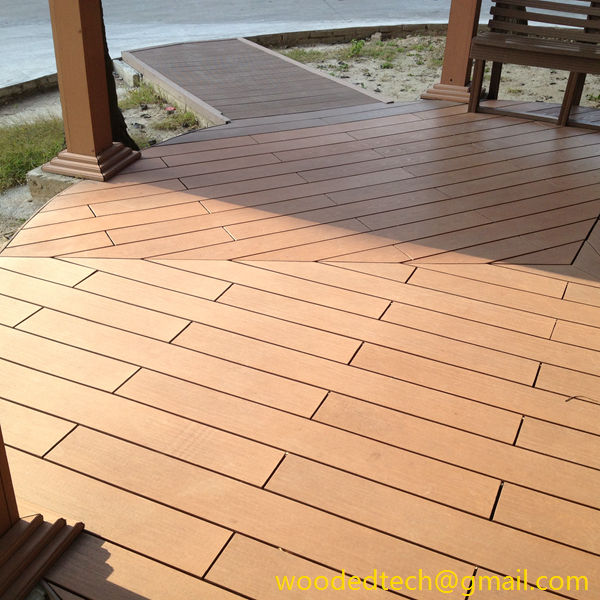
Safety is another critical factor in favor of waterproof exterior flooring. Wet surfaces can lead to slippery conditions, increasing the risk of accidents. Many waterproof flooring options are designed with slip-resistant textures, providing better traction even when wet. This feature is particularly important in areas such as pool decks or patios where water is likely to accumulate.
Additionally, waterproof exterior flooring contributes to environmental sustainability. Many manufacturers are now focusing on eco-friendly materials and production processes. For instance, composite decking often utilizes recycled materials, reducing waste and the demand for new resources. By choosing waterproof flooring made from sustainable materials, homeowners can create outdoor spaces that are both beautiful and environmentally responsible.
Furthermore, waterproof exterior flooring can enhance the overall value of a property. Outdoor spaces are increasingly seen as extensions of the home, and well-maintained, attractive flooring can significantly boost curb appeal. Potential buyers often prioritize outdoor living areas, and investing in high-quality waterproof flooring can make a property more appealing in a competitive real estate market.
In conclusion, the benefits of waterproof exterior flooring for outdoor spaces are manifold. From the diverse range of materials and their unique production processes to the advantages in maintenance, safety, sustainability, and property value, waterproof flooring presents a practical and attractive solution for homeowners. As outdoor living continues to gain popularity, understanding the importance of choosing the right flooring can lead to more enjoyable and enduring outdoor experiences. Whether for entertaining guests or simply relaxing in the sun, investing in waterproof exterior flooring is a decision that pays dividends in both functionality and aesthetic appeal.

